Your Rights as a Florida Tenant: When Mold Allows Lease Termination
Discovering mold in your Florida rental property can be both a health concern and a legal challenge. Many tenants wonder if mold gives them the right to break their lease without penalty. The answer depends on several factors, including the severity of the mold problem, your landlord's response, and following proper legal procedures under Florida law.
Understanding Florida's Mold Laws for Tenants
Florida doesn't have specific mold disclosure requirements for landlords, but tenants do have rights when mold creates unsafe living conditions. Under Florida Statute 83.56, tenants can terminate their lease if the landlord fails to address material noncompliance issues that affect habitability, including severe mold problems.
The key legal principle is that landlords must maintain rental properties in habitable condition. When mold growth makes a property unsafe or uninhabitable, and the landlord doesn't remedy the situation, tenants may have grounds for lease termination.
When Mold Justifies Breaking a Lease in Florida
Not every mold issue automatically allows lease termination. The mold problem must meet certain criteria to justify breaking your lease legally:
Severe Health Risks
The mold must pose significant health risks or make the property uninhabitable. Minor surface mold in a bathroom typically won't qualify, but extensive black mold throughout living areas likely will.
Landlord's Knowledge and Inaction
You must notify your landlord in writing and allow them reasonable time to address the issue. If the landlord fails to act within seven days, you may have the legal right to terminate the lease in writing.
Florida Statute 83.56 Requirements
Under Florida law, tenants must follow specific procedures when using mold as grounds for lease termination. The statute requires written notice and gives landlords seven days to begin remediation.
Step-by-Step Process for Breaking Your Lease Due to Mold
1. Document the Mold Problem
Take photos and videos of the affected areas. Consider professional mold testing. Document any health issues. For guidance on what to do about mold , documentation is essential.
2. Provide Written Notice to Your Landlord
Under Florida Statute 83.56, tenants must send a seven-day notice outlining the mold issue, requesting remediation, and stating intent to terminate if unresolved. Use these landlord notice templates to ensure compliance.
3. Allow the Seven-Day Response Period
You must give your landlord seven days to begin addressing the issue. This period is legally required.
4. Terminate in Writing if Unresolved
If the landlord fails to act, provide written notice to terminate the lease legally.
Landlord Responsibilities for Mold Issues
Immediate Response Required
Landlords must respond quickly and investigate all mold complaints. Ignoring them may be a violation of their duty to maintain habitability.
Professional Remediation
For serious mold problems, professional remediation—not just surface cleaning—is typically required.
Temporary Housing Considerations
If mold renders a property uninhabitable and the landlord doesn't act, you may be entitled to move out or receive relocation support.
Potential Legal Remedies Beyond Lease Termination
Rent Withholding
If the landlord fails to remediate within the required timeline, you may be entitled to withhold rent or pursue legal remedies.
Constructive Eviction Claims
If mold forces you to leave, you may file a constructive eviction claim for added protections and potential damages.
Security Deposit Recovery
If lease termination is justified, you can also recover your security deposit without penalty.
Important Legal Considerations
Breaking a lease without proper steps could result in financial liability. Document everything and consult a lawyer if needed.
Protecting Yourself During the Process
Keep Detailed Records
Track all communication, photographs, health symptoms, and documentation related to the mold and your landlord's response.
Consider Health and Safety First
Don't jeopardize your health. Seek medical help and relocate temporarily if necessary.
Understand Your Lease Terms
Review your lease carefully for any mold or repair clauses before taking legal action.
When to Seek Professional Legal Help
Some mold issues can be resolved without an attorney, but others warrant professional legal help, especially if:
- The mold problem is extensive or causing health issues
- Your landlord refuses to remediate or disputes your claims
- You've incurred financial losses from the mold
- The lease termination process becomes complicated
An experienced Florida tenant rights lawyer can help protect your interests and guide you through the legal process.
Need Help with a Mold-Related Lease Issue?
Our legal team can help you understand your rights, document your case, and pursue the best legal outcome. Contact us today for a consultation.
Conclusion
Breaking a lease due to mold in Florida is possible—if you follow the legal process. You must give written notice, allow a response period, and document the issue thoroughly. Not all mold qualifies, but serious health and habitability issues do.
Protect your rights and your health. If your landlord refuses to take action, legal remedies are available to help you move forward without financial penalty.



